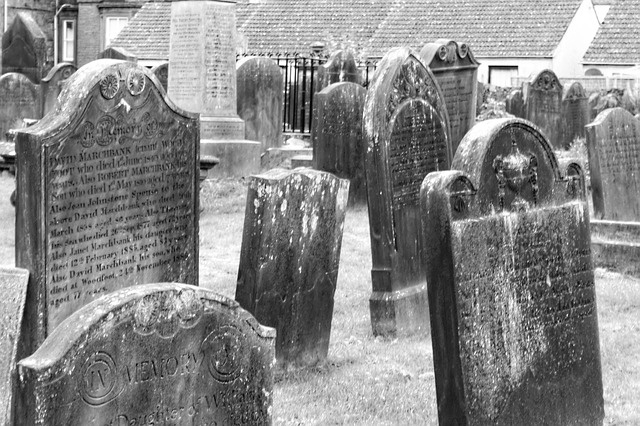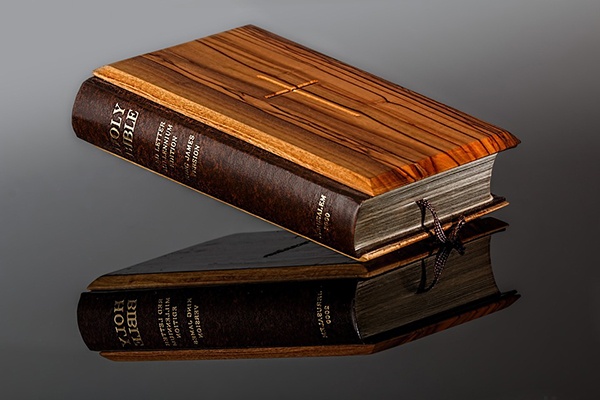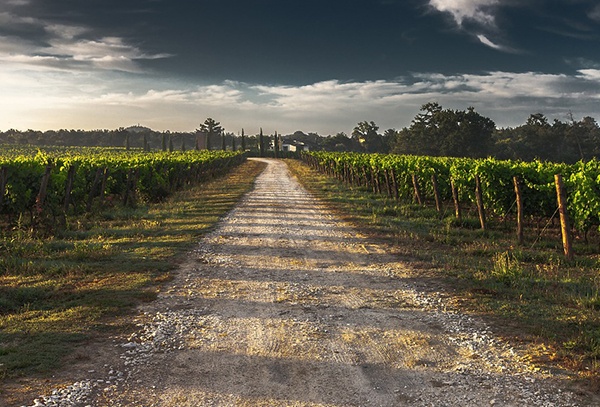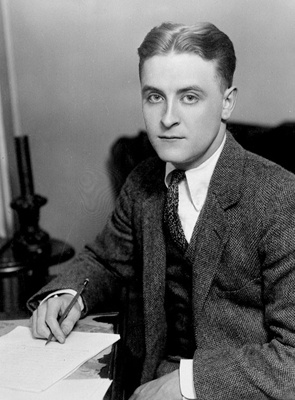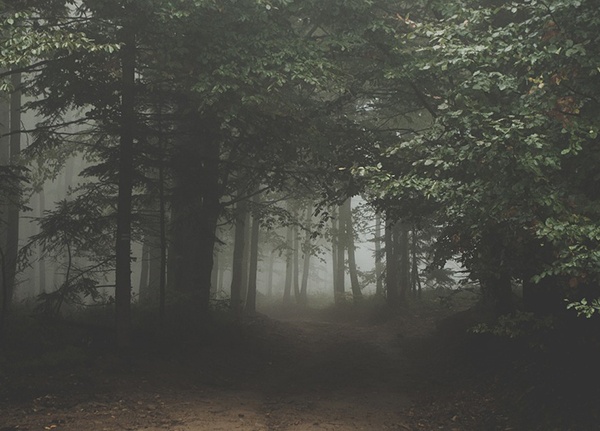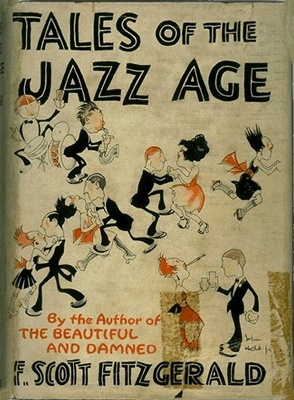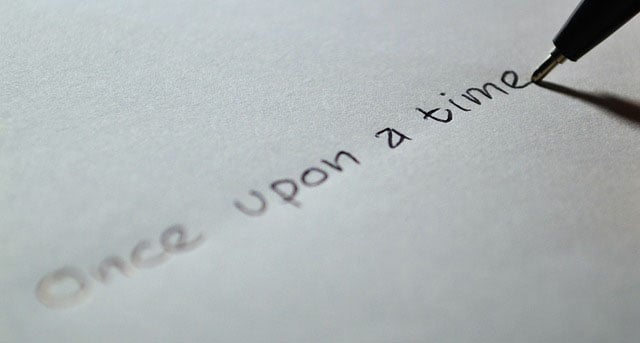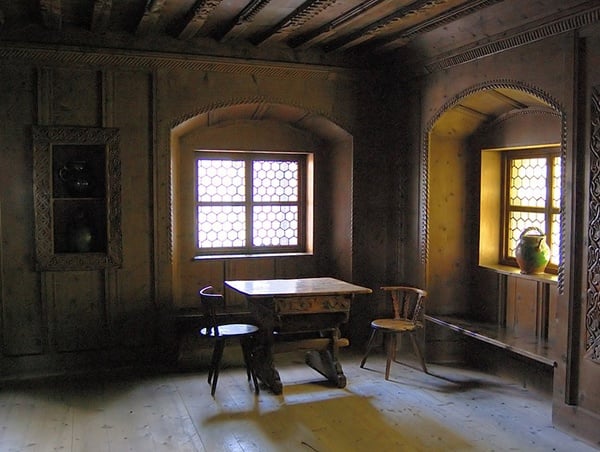There's a reason why magazines regularly put together lists of the greatest first lines in all of literature: book openings make a huge impression on readers. How a book starts helps us orient in the world that the book is creating.
First, it gives us our first idea of the narrator, and the type of narration we're going to encounter. Will it be a breathy first-person confession? Or a cool and detached third-person observation?
Second, it introduces the setting, letting us know where and when the story takes place - which is very important for modulating reader expectations. What we think about two people kissing in prim and proper Victorian England will be very different than what we think about the same couple in modern day Canada.
So what does the beginning of The Great Gatsby reveal? Read on for the meaning of this work's epigraph, its opening line, and its beginning paragraphs.



